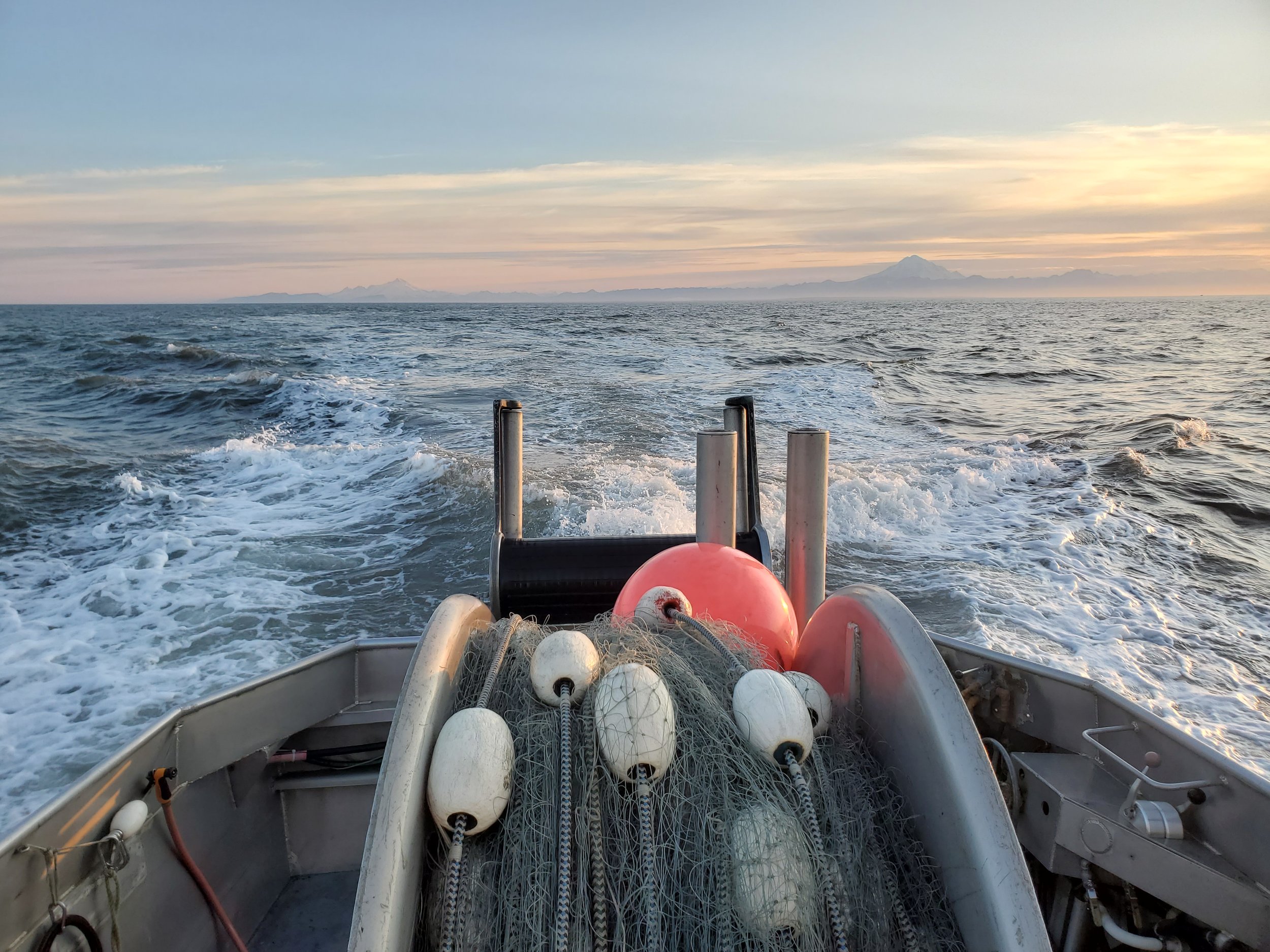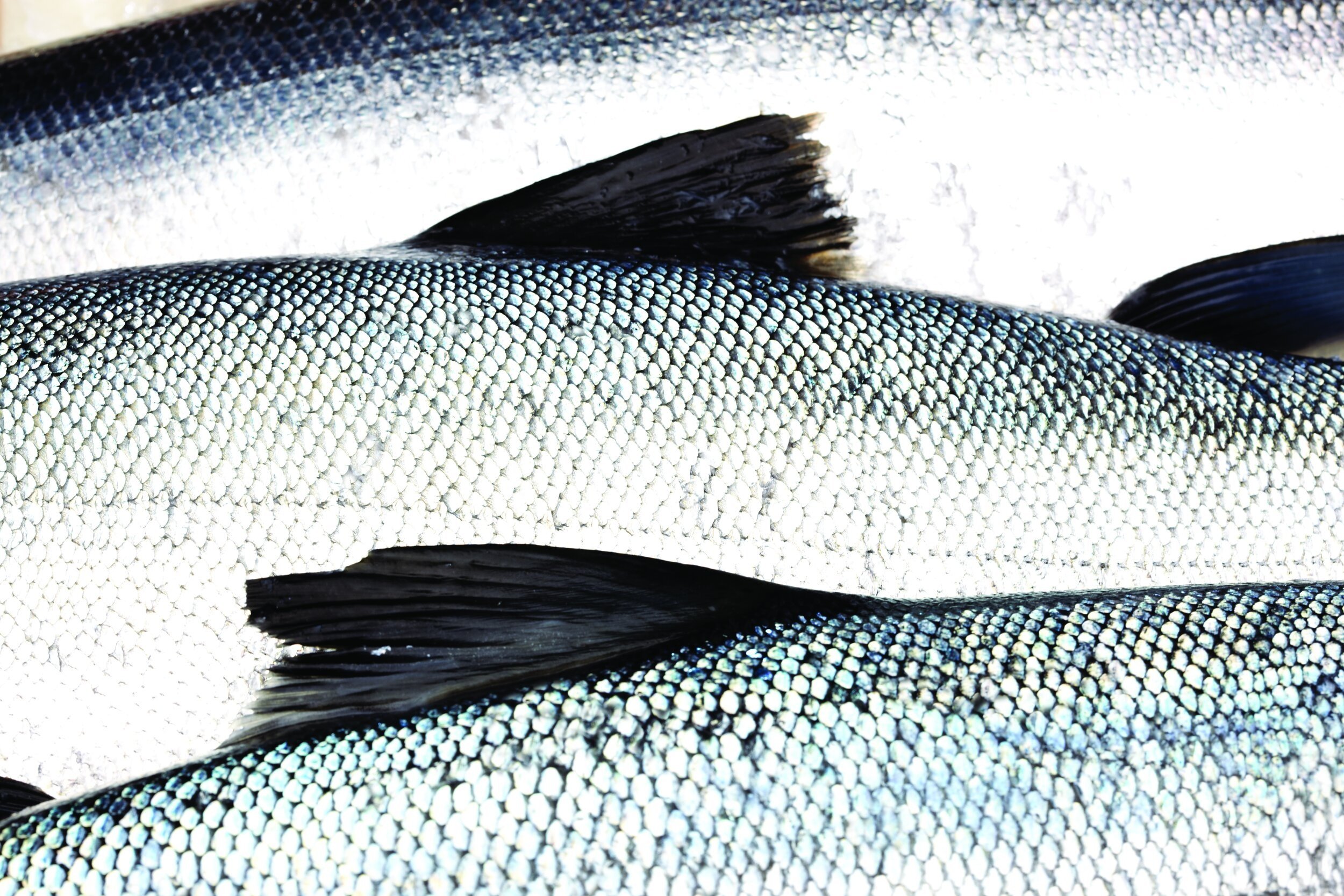
Fisherwoman-owned wild Alaska seafood company in Homer, Alaska.
Meet your local Homer fishermen. We do what we love.
-
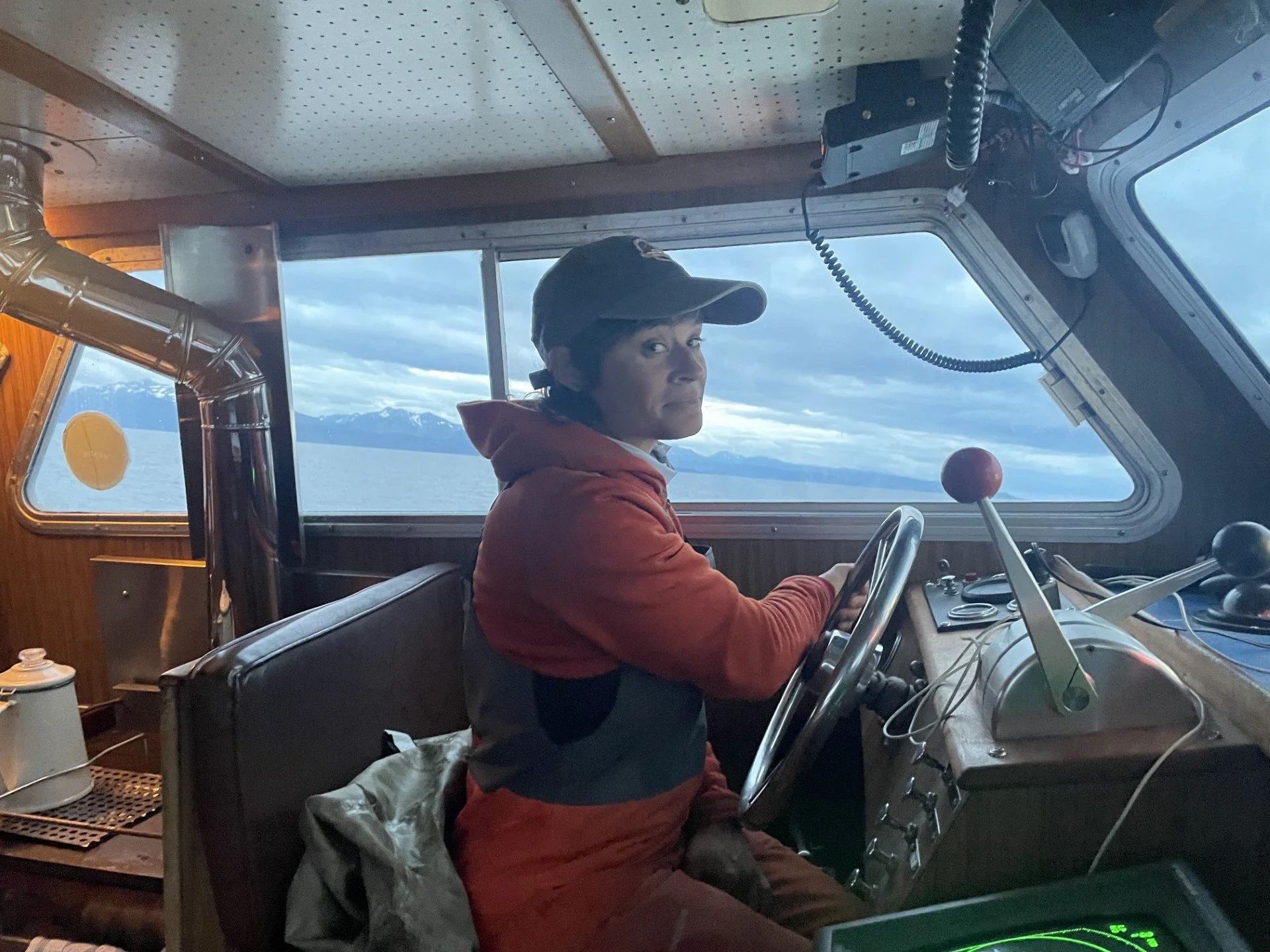
Captain Penelope Haas, F/V Kustatan
Penelope fishes wild salmon in Cook Inlet, Alaska on her 34-foot gill netter. She is the owner of Stickleback Fish Co. and makes all the artisan fish products.
After working as a deckhand on commercial fishing boats and fish camps for years, she bought a boat to fish Cook Inlet salmon in 2024. It is satisfying and humbling to try to catch these mysterious and beautiful fish out there in the big water.
-
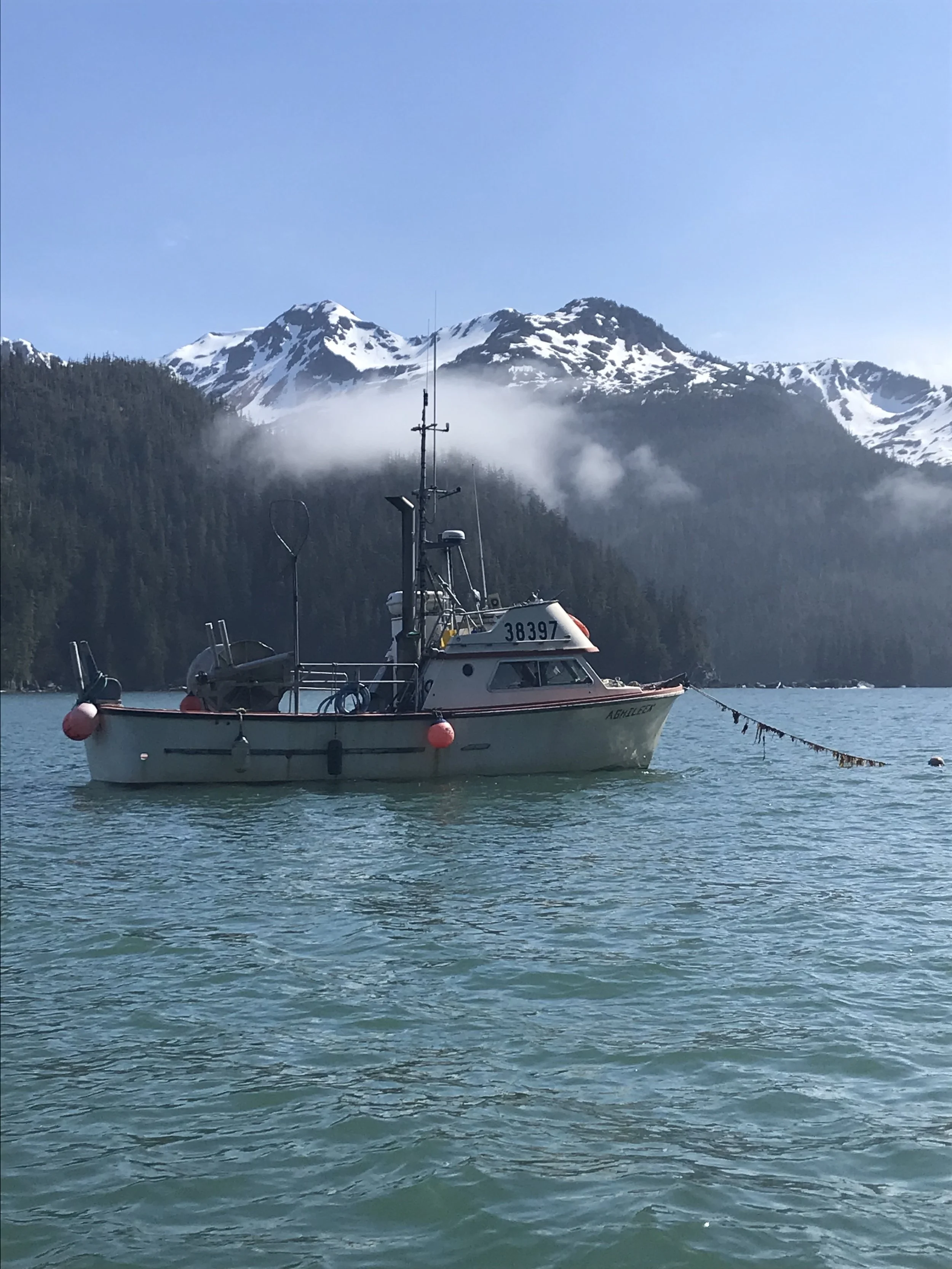
Captain Bob Wolfe, F/V Aghileen
Bob is a salty dog who has been fishing for salmon in Cook Inlet for over 35 years. He has been providing salmon to the community of Homer for over 10 years. You can generally find him with a cup of coffee in his hands, a glint in his eye, and a scheme up his sleeve.
-
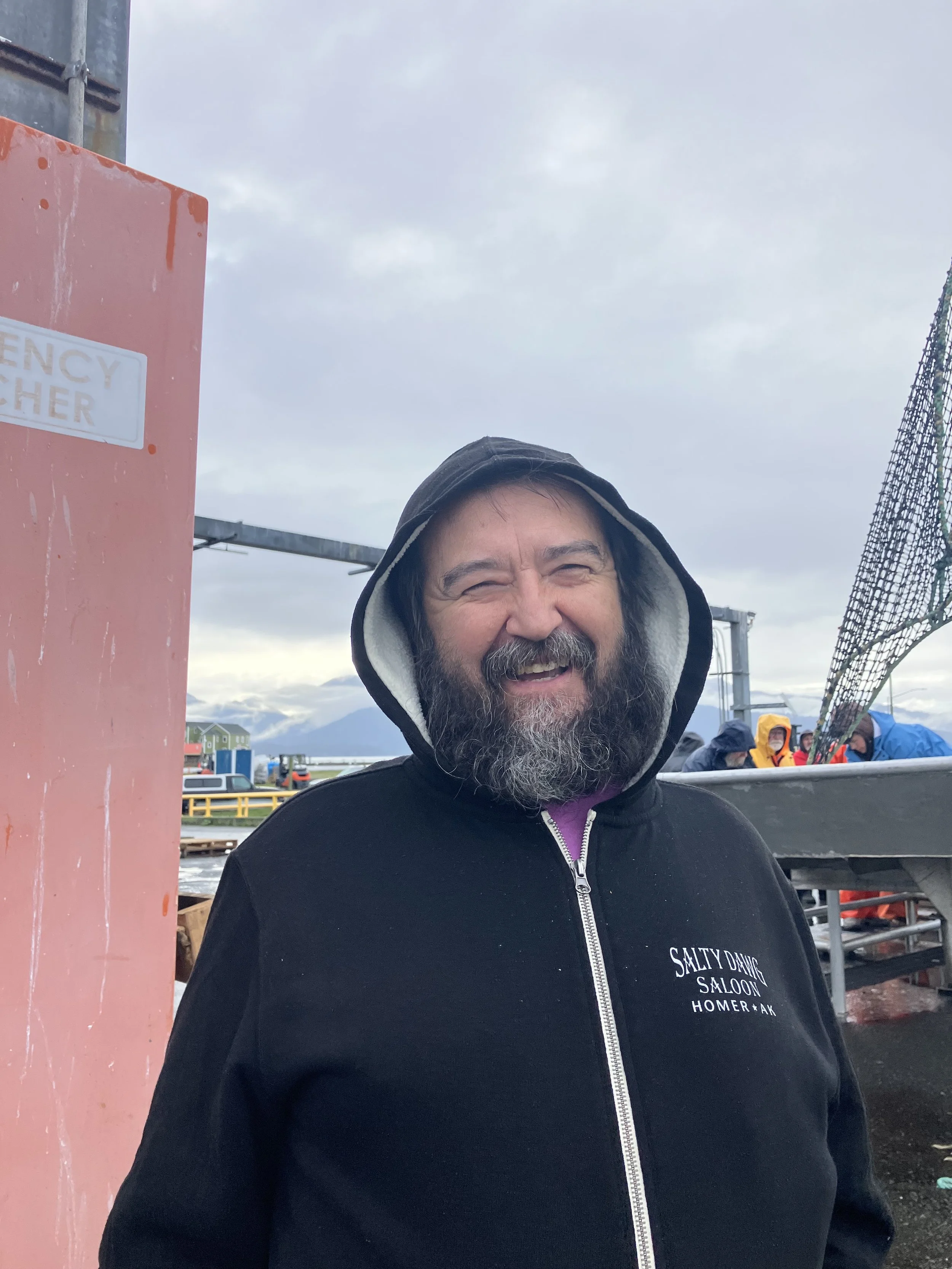
Captain Larry Reutov, F/V Intrepid
Larry is a fishermen. His brothers are fishermen. His kids are fishermen. He’s what we call fishy—in the right place at the right time. So glad to know this guy and sell his beautiful black cod.
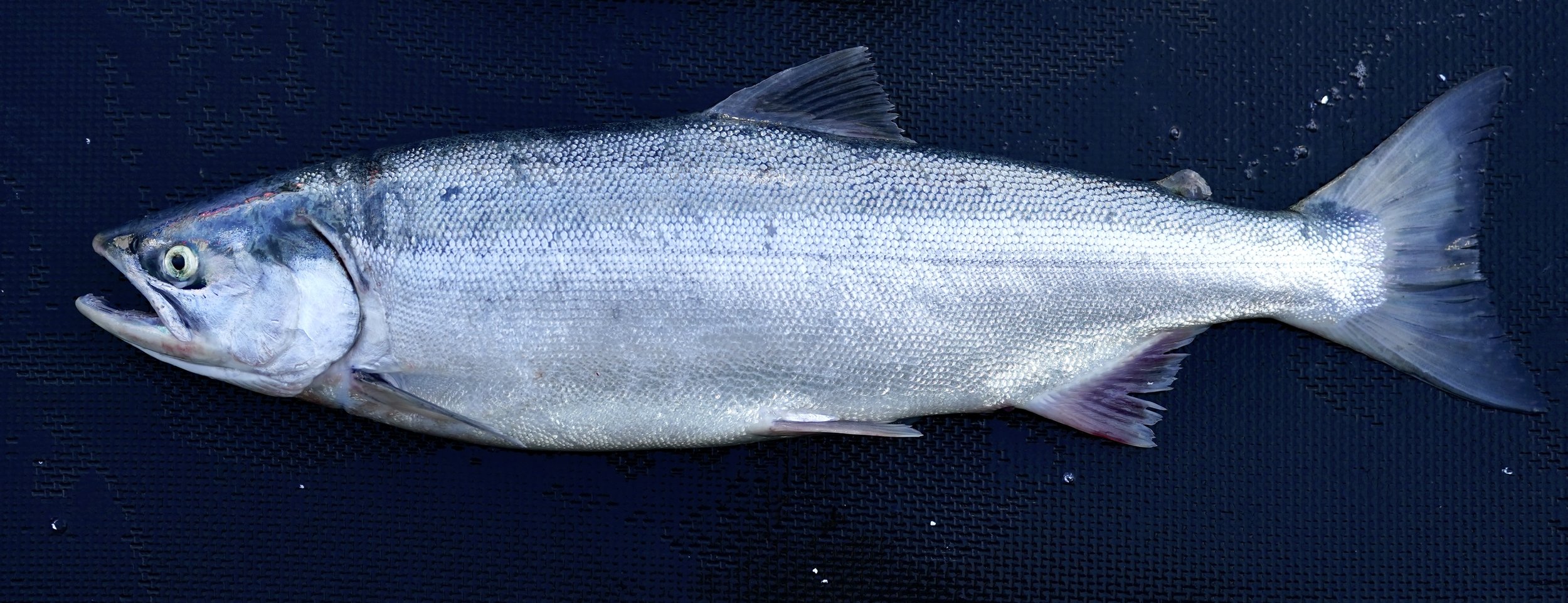
Wild fish. Sustainable harvest.
Premium wild seafood from Homer, Alaska.
Our fish are wild. No farms, no hatcheries.
We harvest Sockeye salmon (Oncorhynchus nerka), Coho salmon (Oncorhynchus kisutch), and Chum salmon (Oncorhynchus keta) in the dynamic waters of Cook Inlet, home to some of the biggest tides and tastiest salmon in the world. We can quibble over where the best sockeye in the world are, but Cook Inlet is certainly in the running. Right around the corner from Homer, Alaska, it doesn’t get fresher than this. This fishery has existed in one way or another for thousands of years, with each generation of salmon returning to the waters where they were born, year after year.
We also offer Black cod (Anoplopoma fimbria), a deepwater species unique to the North-Pacific. Black cod live in depths of up to 9,000 ft, along the continental slope, in shelf gullies, or in fjords—this cold, deep-water habitat makes these fish uniquely delicious. Often called butterfish because of their melt-in-your-mouth, rich meat. Homer’s locals know that Black cod are amazing, but they are one of the most under-recognized culinary wonders of the world. You gotta try some if you don’t know what it is!
Quality seafood starts on the boat.
Our wild salmon are caught in Cook Inlet, near Homer, Alaska, in a type of boat called a gill netter. Generally 32-50 ft, with a crew of one or two people, gill netters set their net out like an invisible wall in the path of the fish, who get caught by the gills. Salmon are removed by hand, and are immediately bled and floated in a mix of ice and seawater, to maintain the best flavor and quality and are offloaded at the end of each day.
Black cod are harvested in the deep waters off of Seward and Kodiak using pots (steel-framed cages covered in net mesh). Pots are set with bait and picked regularly. Fish are bled and iced immediately to ensure the best quality.
Homer’s sustainable local fisheries.
All are fish are harvested in local fisheries by boats coming in and out of the Homer harbor. Our low-volume, high-quality, local-market model is fundamentally more sustainable than the standard catch-all-you-can-and-ship-overseas approach, and can help bring broader awareness to the need for good fishery management.
While it is true that warming oceans and rivers are an existential threat to everything that lives in them, the Cook Inlet salmon fishery and South-Central black cod fishery show consistent returns of healthy wild runs. Gill netting and pot fishing result in little to no bycatch, since there really isn’t much else that fits in these nets or the pots where they are set out.
Healthy fish is healthy food.
Wild fish taste phenomenal, and they are so good for you! Salmon pack a lot of omega-3 fatty acids, which provide a wide variety of health benefits, and they are low in mercury.
Black cod have some of the highest levels of omega-3 fatty acids of any fish in the sea, due to their rich meat, and they are low in mercury.
To feel like a goddess, pair our local seafood with fruits and veggies from the Homer Farmer’s Market.
